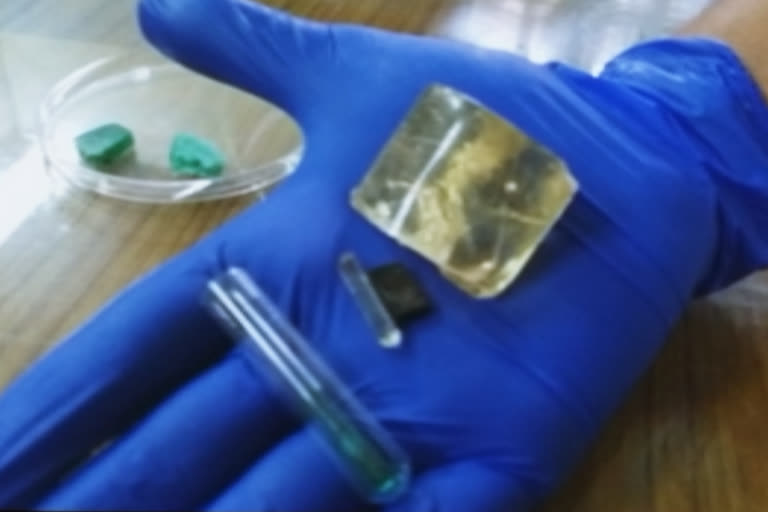Bengaluru (Karnataka): Indian Institute of Science (IISc) researchers have developed strongly bonded nanocomposite hydrogels to repair injured or diseased cartilage. A team led by postdoctoral fellow Dr Shikha Awasthi, Jeet Kumar Gaur, Sarvesh Kumar Pandey, Musuvathi S Bobji, and Chandan Srivastava had developed the hydrogel using a novel material for cartilage tissue replacement and researchers claim that it has more resistance than the existing ones in clinical practice.
Cartilage is a type of connective tissue that acts as a shock absorber and deters abrasion between bones. Although it is usually tough and flexible, injuries, hormonal abnormalities or diseases can cause damage and make it hard for the cartilage to heal. Hence, studies have been carried out focusing on the usage of polymers called hydrogels to replace injured or diseased cartilage. Damage to cartilage tissue is a serious issue, especially among the elderly and sportsmen as it causes long term pain and arthritis. As a part of the treatment, the cartilage tissue will be replaced by implants. IISc Bangalore researchers have developed Novel Hydrogen Material as a replacement.
Read: IISC developed COSWARA helps diagnose COVID19 through voice samples
Dr Shikha Awasthi speaking to ETV Bharat said that this modified hydrogel is more hydrophilic than polyacrylamide (PAM) alone or in combination with just TiO2 or CNTs; which allows it to absorb more water and swell, which is important for biomedical applications. While, its dense and compact structure helps it withstand degradation, she added, saying that the researchers also used a method called needle insertion to prove that the hybrid hydrogel is puncture-resistant. Such materials also offer great promise for cartilage repair applications, she further said.
Also, compared to the strength of existing implants which has 0.25 megapascal, the hydrogel developed by IISc has a strength of 0.43 megapascal and it has shown a 72% more ability than the existing ones. Multiple bioactivities tests have been conducted like swelling and degradation rate which has proven to be perfect for body replacement. The 'Novel Hydrogen Composite' team has filed for the patent, and in next step experiments will be conducted on animals. After this human trials will be done said, Dr Shikha Awasthi.
Read: Karnataka seeks IISc's expertise to battle COVID19
The developed 'Novel Hydrogen Composite' has gone through a biocompatibility test, which is lacking in many existing implants in the market. Also during the study, we have adopted a modular molecular approach which makes this composite strongly bonded. Compared to implants the developed composite has shown an excellent result, claims Dr Sarvesh Kumar Pandey, an expert in inorganic and physical chemistry.



